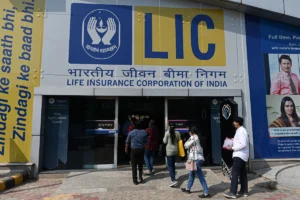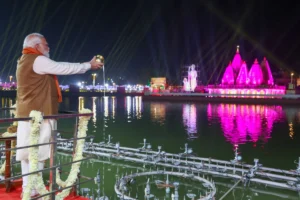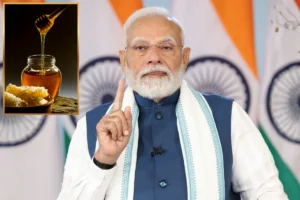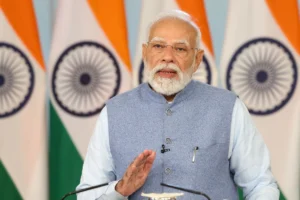
The Japanese government is set to revise its private-sector investment target in India to 10 trillion yen (approximately $68 billion) over the next decade.
During PM Modi’s visit to Tokyo from 29 to 31 August, Prime Ministers Shigeru Ishiba and PM Narendra Modi will formally confirm the new investment goal.
This updated target nearly doubles Japan’s existing goal of 5 trillion yen over five years, initially set by then-Prime Minister Fumio Kishida during his visit to India in March 2022.
Japanese companies have already invested close to 1 trillion yen annually in India, highlighting strong bilateral economic ties.
Alongside the investment announcement, Japan and India will launch an Economic Security Initiative designed to tackle shared challenges such as stable supplies of critical materials and the protection of key infrastructure.
The initiative will focus on sectors including semiconductors, critical minerals, telecommunications, clean energy, pharmaceuticals, and scientific research areas such as artificial intelligence (AI).
A dedicated AI Cooperation Initiative will promote collaboration in AI technologies and support for startups in both countries.
Moreover, the Digital Partnership 2.0 project will broaden economic cooperation beyond manufacturing to emerging tech sectors such as semiconductors and AI.
Clean Energy and Climate Collaboration
In the clean energy domain, Japan and India plan to issue a Joint Statement on Energy Dialogue aimed at balancing decarbonisation efforts with economic growth and energy security.
A key feature of this collaboration will be the introduction of the Joint Crediting Mechanism, a bilateral system allowing Japan to count carbon emission reductions made through the deployment of its greenhouse gas-cutting technologies in India toward its own targets.
During PM Modi’s visit, Indian and Japanese officials will advance India’s first high-speed rail project, modelled on Japan’s Shinkansen technology.
East Japan Railway Company and Indian authorities plan to introduce the next-generation E10 series bullet train, which is currently under development.
The two governments are reportedly considering ambitious targets for expanding people-to-people exchanges, such as facilitating more than 500,000 visitors between the countries over five years and increasing the number of Indian nationals accepted in Japan to 50,000.
PM Modi’s visit will also mark the revision of the Joint Declaration on Security Cooperation, first established in 2008, expanding defence and maritime security collaboration.
Ishiba and PM Modi are likely to agree on holding an early meeting of their foreign and defence ministers to deepen strategic ties.
During the visit, Japanese and Indian companies will sign over 100 memorandums of understanding on investment and collaboration, further cementing the partnership between the two nations.
This visit signifies a major step in strengthening India-Japan relations across investment, technology, infrastructure, and security, signalling a new era of bilateral cooperation.
Also Read: EAM S Jaishankar Concludes Moscow Visit; Reaffirms Strength Of India-Russia Strategic Partnership
To read more such news, download Bharat Express news apps






















